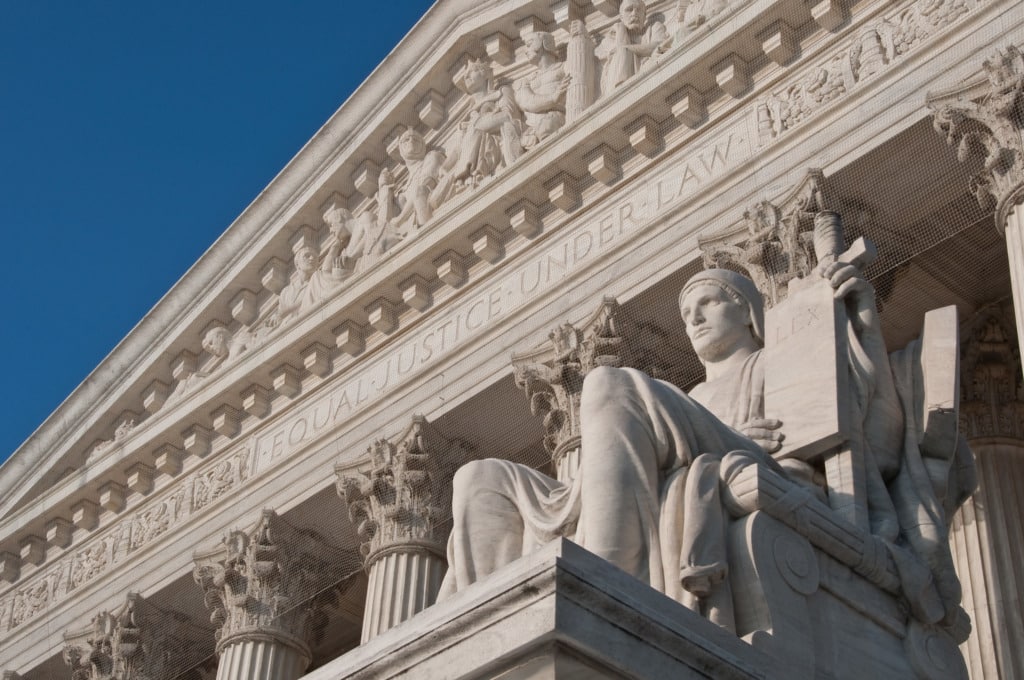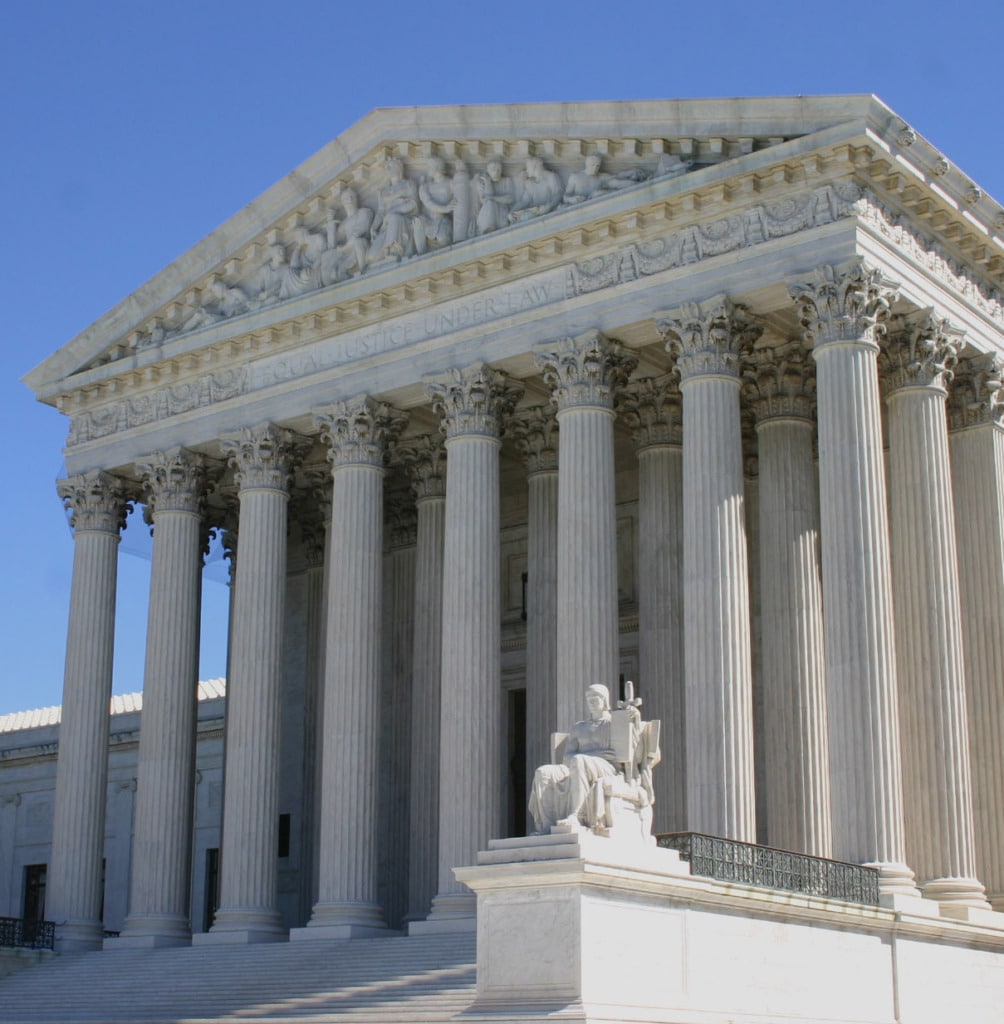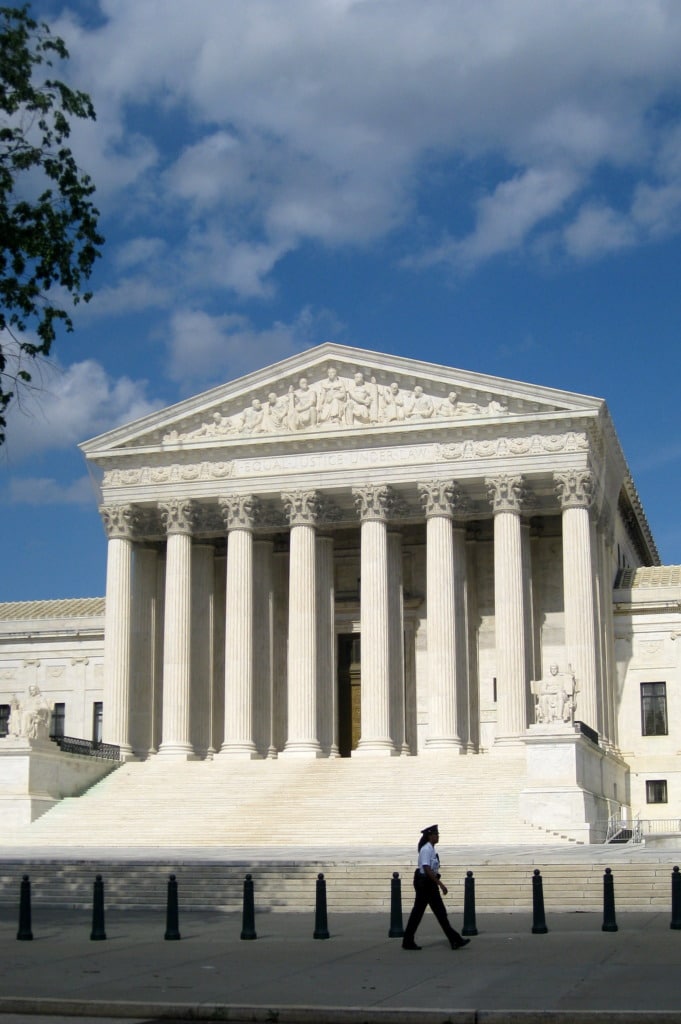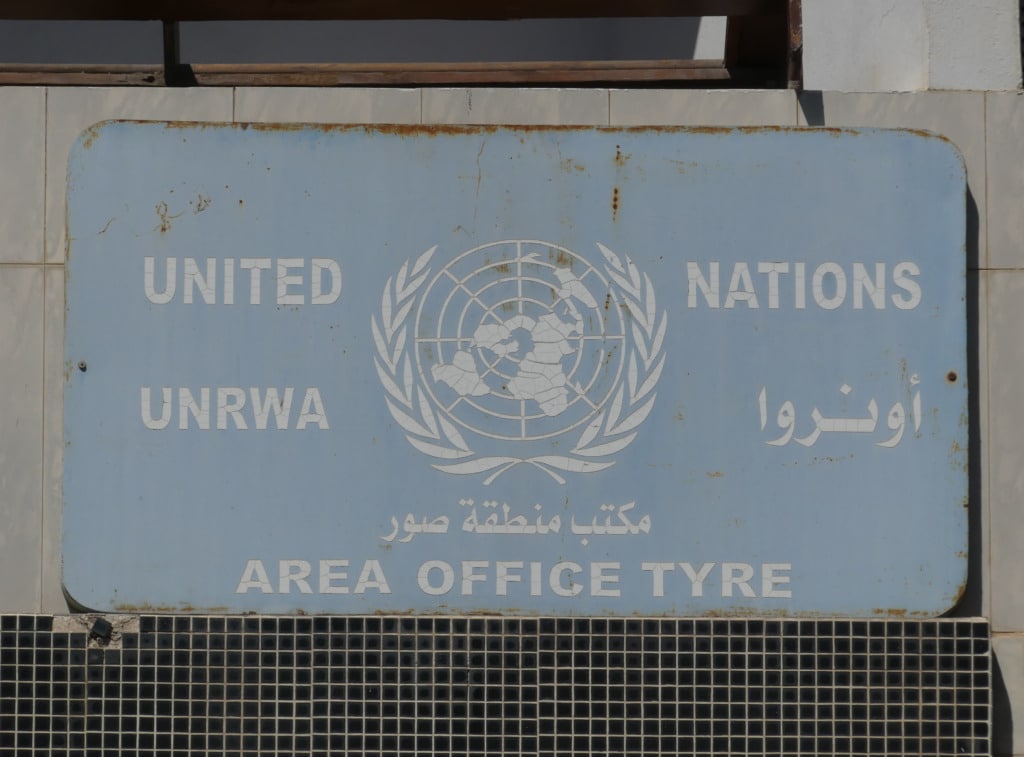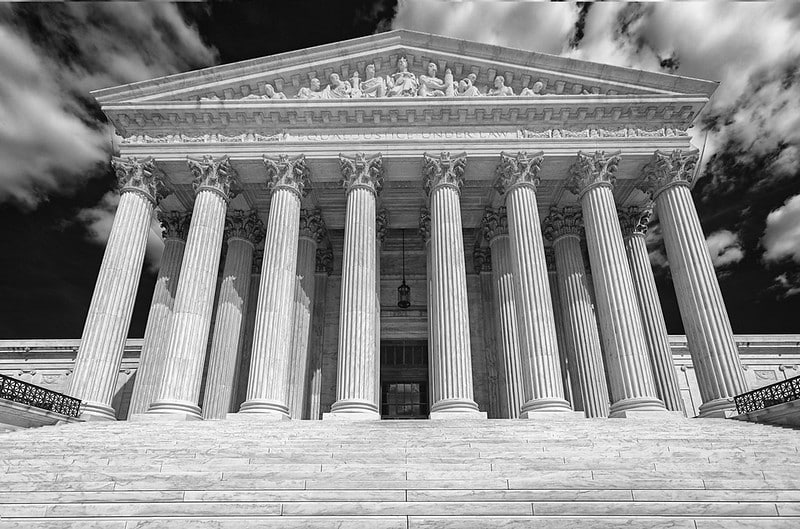Fuld v. PLO: Argument Day!
Today, the Supreme Court is hearing oral argument in Fuld v. Palestinian Liberation Organization. The petition asks whether the Promoting Security and Justice for Victims of Terrorism Act of 2019 (PSJVTA) violates the Fifth Amendment’s Due Process Clause by declaring that the PLO has consented to personal jurisdiction based on specified conduct. TLB’s prior coverage…
Continue ReadingFuld Preview: Professor Briefs
Next week, the Supreme Court will hear oral argument in Fuld v. Palestinian Liberation Organization. Fuld raises two interrelated issues: (1) Does the Promoting Security and Justice for Victims of Terrorism Act (PSJVTA) provide consent-based personal jurisdiction consistent with Mallory v. Norfolk Southern Railway Co.?; and (2) What are the differences (if any) between the…
Continue ReadingFuld Preview: AALS Panel on Mallory and More
Next week, the Supreme Court will hear oral argument in Fuld v. Palestinian Liberation Organization. TLB’s prior coverage of Fuld can be found here. Among the key issues in Fuld is whether the Promoting Security and Justice for Victims of Terrorism Act’s scheme for consent-based personal jurisdiction is constitutional. In 2023, the Supreme Court decided…
Continue ReadingVictims of Hamas sue UNRWA
Victims of the October 7, 2023, attacks by Hamas have sued UNRWA USA, a Delaware non-profit that provides aid for Palestinians in Gaza. The case is one of several involving the war in Gaza, including one filed by residents of Gaza against the Biden administration and one brought by victims of Hamas against the National…
Continue ReadingIt Is Harder Than It Looks to Sue State Sponsors of Terrorism
Rotem and Yoav Golan were injured in a 2015 terrorist attack in Israel when an assailant deliberately drove his car into a crowd of people. The Golans and their family sued Iran and Syria for various torts and for aiding and abetting a terrorist attack. Judge Trevor N. McFadden of the U.S. District Court for…
Continue ReadingDomestic Litigation and Compensation to Ukrainian Victims of Russian Aggression
Many proposals to compensate Ukrainian victims of Russian aggression do not directly involve domestic courts, in part because foreign sovereign immunity poses significant obstacles to such litigation. There are, however, important cases against Russia currently pending in Ukrainian courts. These cases were the subject of a recent session held in Lviv, Ukraine, as part of…
Continue ReadingMaterial Support of Terrorism Looms over Supreme Court’s Social Media Case
On February 22, 2023, the Supreme Court heard oral argument in Twitter v. Taamneh. The case concerns an act of violence committed by ISIS in a Turkish nightclub in 2017. In bringing suit in the lower courts, plaintiffs alleged that Twitter, Facebook, and Google aided and abetted ISIS’s attack, in violation of 18 U.S.C. §…
Continue ReadingTransnational Litigation Anticipation: Previewing the Court’s Next Term
TLB recently recapped the Supreme Court’s transnational litigation cases from last Term. This post looks ahead to the upcoming Term, for which the Court has already granted certiorari in a personal jurisdiction case that may have implications for transnational litigation. TLB is also tracking several interesting petitions for certiorari in disputes involving the Foreign Sovereign…
Continue ReadingHow Congress Should Designate Russia a State Sponsor of Terrorism
Cross Posted at Just Security Appearing before the United Nations General Assembly late last week, Ukrainian President Volodymyr Zelenskyy renewed his call for the designation of Russia as a state sponsor of terrorism. Proponents of the designation argue that it would ratchet up sanctions–making it more difficult for Russia to continue the war against Ukraine–and…
Continue ReadingRussia Should Not be Designated a State Sponsor of Terrorism
Editor’s Note: This article also appears in Just Security.
Members of Congress and President Zelenskyy of Ukraine have called for U.S. Secretary of State Antony Blinken to designate Russia a state sponsor of terrorism, and late last month the Senate Foreign Relations Committee reported out a resolution to this effect. The designation would have important…
Continue Reading